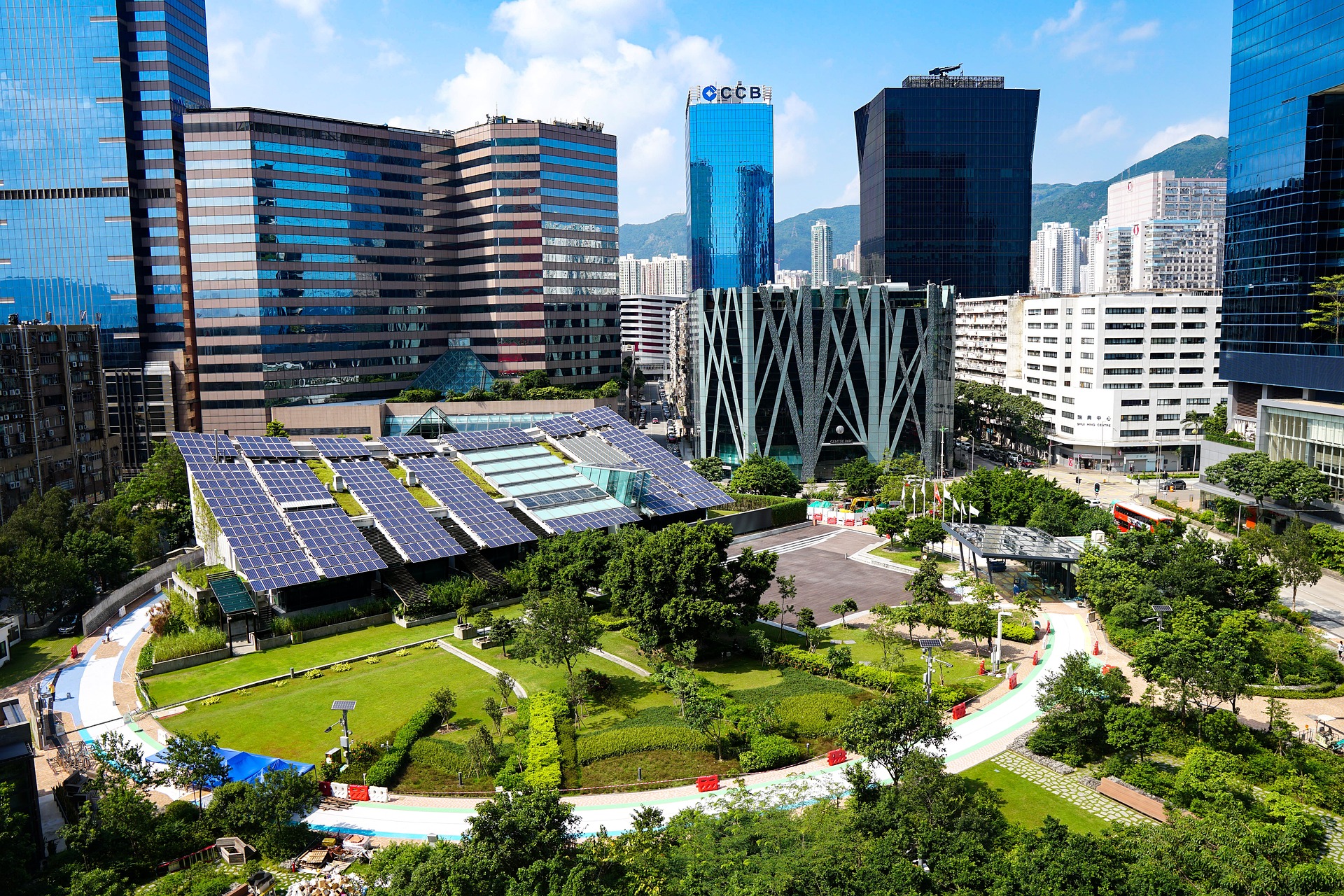Emirates NBD-Egypt has introduced a personal loan option tailored to finance the purchase of solar panels, empowering individuals to embrace clean energy solutions, according to a company statement in February.
Green loans
The loan offers coverage of up to 100% of the solar panel costs, ranging from EGP 100,000 to a maximum of EGP 1 million, with repayment options spanning a 7-year tenor and competitive interest rates. This initiative aligns with Egypt’s Sustainability Strategy and 2030 Vision, furthering the bank’s commitment to international sustainable development goals and promoting clean energy initiatives.
“This loan reinforces our ongoing commitment to sustainability, as we strive to offer distinctive services. We aim to diversify energy sources and promote clean energy, particularly solar power. Through innovative financing, we empower clients to invest effectively, ensuring promising returns and facilitating a smooth transition to eco-friendly solutions,” said Amr El-Shafei, CEO and Managing Director of Emirates NBD-Egypt.
Amgad Doma, Chief Strategy & Sustainability Officer of Emirates NBD – Egypt, noted that the Solar Panel Loan is a key driver in achieving Emirates NBD – Egypt’s sustainability goals, which closely aligns with the state’s agenda and global development objectives.
“Combating climate change and preserving our environment are at the forefront of every act we do. This new loan acts as a catalyst for enabling individuals to participate in curbing waste from the energy sector,” he added.
Renewable energy efforts
Egypt has been actively developing various solutions as part of its vision to adopt renewable energy, particularly through solar and wind projects. Minister of Petroleum and Mineral Resources, Tarek El-Molla, highlighted Egypt’s collaborative efforts with partners to lay the foundation for energy transition and achieve its goals.
Meanwhile, the World Energy Transition Outlook 2023 report by the International Renewable Energy Agency (IREA) suggests that a comprehensive and more ambitious energy transition will lead to improved socio-economic outcomes. According to the report, under IRENA’s 1.5°C Scenario, GDP is projected to be 5.5% higher than under the Planned Energy Scenario (PES), primarily driven by trade.
Shifting Egypt’s energy strategy away from fossil fuels towards renewables is expected to positively impact the country’s GDP by adding $63 billion in 2050. Furthermore, the report indicates that employment is likely to be 0.3% higher under the 1.5°C Scenario compared to the PES.







